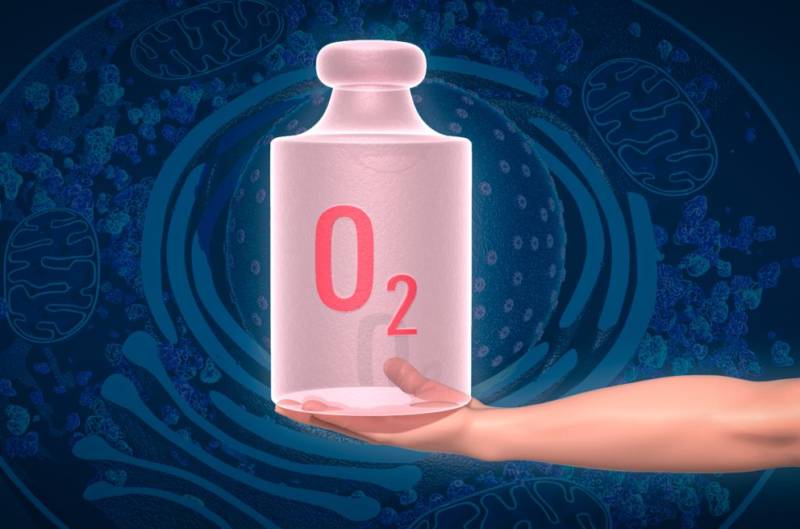Three scientists who made important discoveries about how cells sense and adapt to different oxygen levels have won the Nobel Prize in physiology or medicine, in the first announcement of Nobel winners for 2019.
William G. Kaelin Jr. of the Dana-Farber Cancer Institute and Harvard University, Peter J. Ratcliffe of Oxford University and the Francis Crick Institute and Gregg L. Semenza of Johns Hopkins University were jointly awarded the prize.
“The seminal discoveries by this year’s Nobel laureates revealed the mechanism for one of life’s most essential adaptive processes,” the Nobel Assembly at Sweden’s Karolinska Institute said.
The scientists studied hypoxia — low oxygen levels — and while many people might know about that condition because of its link to high altitude, Ratcliffe has called hypoxia “an important component of many human diseases including cancer, heart disease, stroke, vascular disease, and anemia.”

